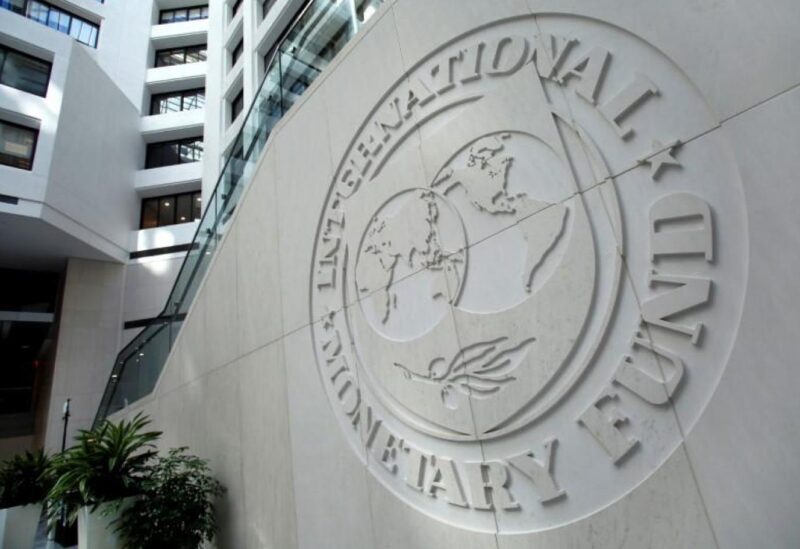
IMF
Despite its importance, reform is not the main purpose of the international community in its decisive demands on Lebanon. Rather, the purpose is to battle corruption that surrounds the functioning of the ruling system and how it engages with citizens, as well as many individuals in the Lebanese government.
According to what Western diplomatic sources confirm to Sawt Beirut International, reform will be a way to fight corruption on the one hand, and to help Lebanon through the International Monetary Fund on the other, opening the door for the West and Arabs to contribute to the process of saving Lebanon.
This is due to the fact that when the IMF requests specific projects from the state to implement, particularly through its delegation now in Beirut, it will later work to monitor project implementation, particularly in terms of corruption, and if it finds that there is ongoing corruption, it will not invest a single fund. According to the sources, this is what represents a guarantee for the fund and the international community, because there is no trust in the ruling elite. Thus, reform in its broadest sense entails tackling one issue: corruption, which includes forms of stealing and nepotism as well as the conclusion of agreements. What will happen is that an integrated dynamism will emerge in a very transparent operating process.
According to the sources, the International Monetary Fund and the World Bank are keeping a close eye on the implementation process. The absence of redundancy in dealing with the reform file is important to these two top economic benchmarks in the globe.
This is due to the fact that reform is not a settlement, and if any party attempts to pass reform based on the notion of a settlement, Lebanon will receive nothing and will have no international or Arab backing. According to the sources, the reform should be full and complete in accordance with the Fund’s principles, with no compromises. The fund is built on the premise of cutting spending while increasing imports. When this is done, there will be transparency and no one will steal from the state’s funds.
The subject of corruption comes here, since Lebanon is a country afflicted by it, and it is prevalent everywhere, not just in one spot, and the rulers are investors in all regions.
Where would the tax sit under this idea, and it is normal for people to be outraged about it? It should be noted that the specific locations and details of the taxes are not yet available.
According to former President Fouad Chehab, settlements are always in exchange for selling the nation. The Fund is requesting “Capital Control” regulations, as well as reforms to the tax system, banking system, central bank, and electricity, and the IMF will monitor whether these laws are implemented as well as the directions it will give for implementation.
When the “Capital Control” was approved, the IMF did not accept it since it did not match what it had sought, as many of the concerns it had wished to avoid were averted.
If banks continue to seize funds, the law of the jungle will take over. There are precedents, such as the Greek crisis, and there is no room for compromise when dealing with the IMF, which is required to execute its orders. There is legislation and enforcement, both of which need dealing with the IMF.
The sources worry how to safeguard the country in the face of massive corruption, organizations that live inside its framework and do not comprehend the fundamentals of cooperation, and a system riddled with flaws.